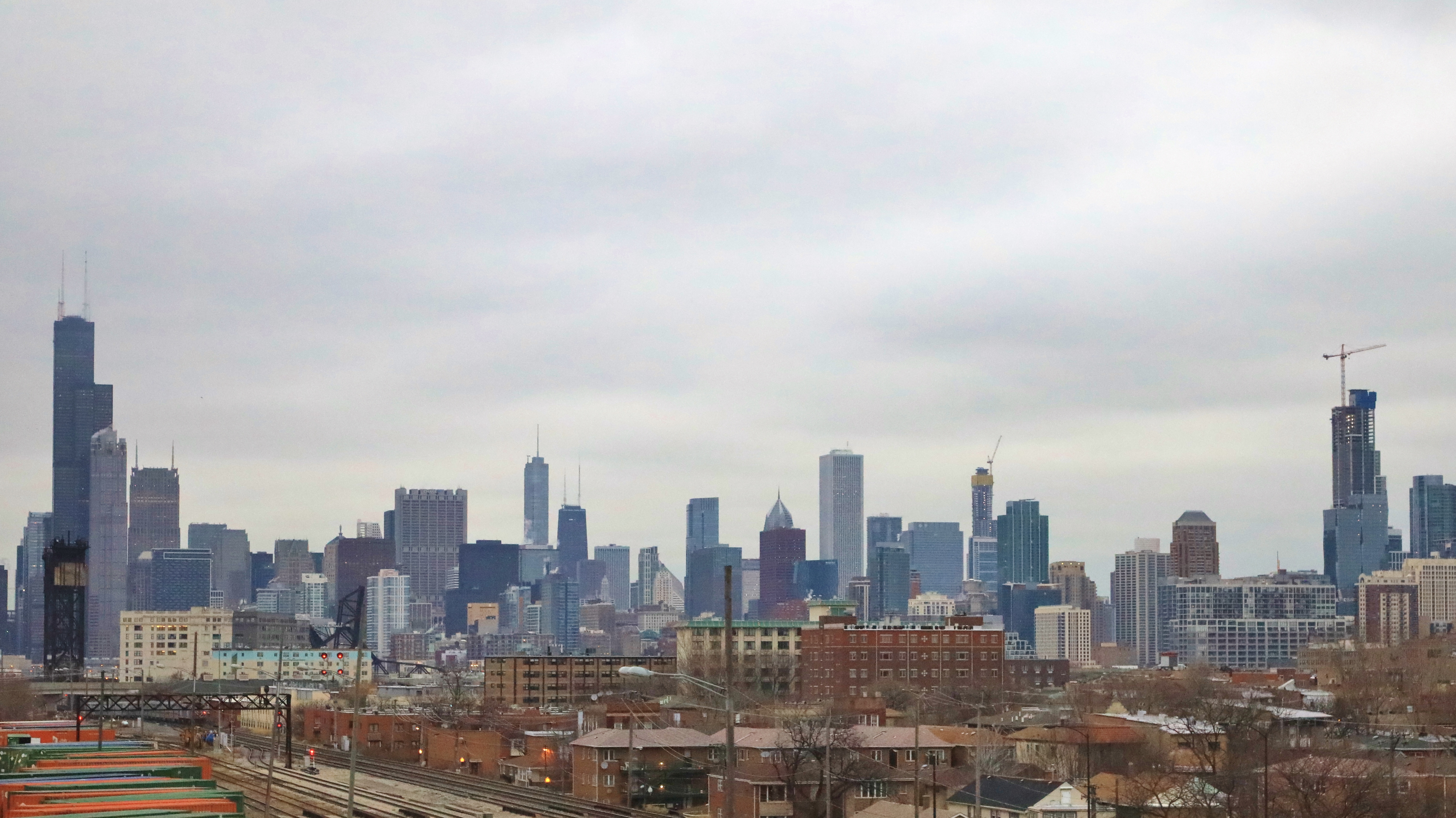Attorneys for the City of Chicago appeared in court Monday for the first time in the city’s lawsuit against the U.S. Department of Justice that looks to block President Donald Trump’s administration from withholding federal funding from so-called “sanctuary cities.”
The City filed suit in August, seeking an injunction on the administration’s new conditions for a federal law enforcement grant that Chicago has received in the past for various public safety initiatives.
While Chicago is spearheading the case, 37 municipalities across the country filed amicus briefs earlier this month in support of the city’s effort to remain a sanctuary city - the term for jurisdictions that do not comply with federal requests to detain undocumented immigrants who have been arrested on charges unrelated to their immigration status and turn them in for possible deportation.
“The city should not be and will not be forced to choose between our values as a welcoming city and our community policing strategy,” City of Chicago Attorney Ed Siskel said at a news conference following the hearing.
Siskel and several other lawyers representing the City presented their opening arguments before U.S. Federal Judge Harry Leinenweber, as did acting Assistant U.S. Attorney Chad Readler.
At issue is the Edward Byrne Memorial Justice Assistance Grant (JAG), for which the 2017 application included provisions requiring local governments to allow the U.S. Department of Homeland Security access to any detention facility to meet with and inquire about the citizenship of anyone believed to be undocumented, and to give federal authorities 48 hours advance notice before releasing someone who is wanted on immigration violations, as conditions to receive funding – both changes in the program’s requirements from years past.
$2.2 million is on the line for Chicago and the surrounding area, though the city’s immigration policies now threaten its eligibility for the federal grant.
The City's lawsuit argues that the Justice Department cannot make funding contingent on the new requirements because they would "effectively federalize local detention facilities" and violate the Fourth Amendment of the U.S. Constitution in requiring detainees to be held beyond the timeframe in which they would otherwise be eligible for release
"These conditions are having nationwide impact right now and there are law enforcement agencies, there are former and current prosecutors and law enforcement officials all around the country who have weighed in saying that these conditions need to be struck down,” Siskel said Monday.
“The Trump Justice Department is already seeking to expand that across a variety of federal grant programs," he added.
But Readler argued before the judge that the City is making a choice not to comply with immigration enforcement.
"This is a voluntary, optional program,” Readler said. “They don't have to take the money."
Local
Judge Leinenweber did not give a timetable as to when he will announce his decision – one that will likely have nationwide implications.



